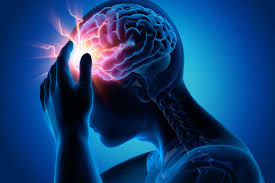NEW JERSEY IS ALMOST IN
- flashlightbankers
- Nov 27, 2018
- 2 min read

New Jersey is one step closer to legal marijuana when a joint panel of lawmakers from the Senate and Assembly approved a bill to regulate and tax it. The legislative committee also approved measures to expand the state’s medical marijuana program and overhaul the rules for expunging drug-related and other crimes. Senate President Stephen Sweeney, D-Gloucester, said that he wouldn’t post the bill for a vote in the full Senate until it has Governor Murphy’s support. (Murphy is looking for 25 percent.) The next possible vote by the full Senate and Assembly are in mid-December. Marijuana legalization bill, S-2703, which would make it legal to possess and consume up to 1 ounce of marijuana. The bill established a 12 percent state tax on marijuana purchases, while municipalities could impose an additional 2 percent tax. One proposition, S-10, would improve the medical marijuana program by increasing the monthly medical cap from 2 ounces to three ounces per patient, legalizing edible forms of medical marijuana for adults and to accelerate the permitting process for new medical dispensaries, manufacturing, and cultivators. If the marijuana bill is signed into law as written, New Jersey would have one of the lowest effective tax rates in the country. Oregon, California, Michigan, and Massachusetts impose up to 15 percent. Washington, Nevada, and Coronado have an effective tax rate of at least 25 percent. As said by the September 26, 2018 article entitled “AS PREDICTED – LEGAL WEED VOTE DID NOT HAPPEN,” our position still holds: As for New Jersey, the SP-Game Theory Model algorithm predicts that February or March of next year will be the target date to legalize adult use and to authorize new retail stores in early 2020. The issues for delay are not a dispute over taxes, set-asides for disadvantaged communities or regulations, but the sheer intricacy of the effort. The only "fly in the ointment" is Murphy's insistence for a rate higher than 12 percent. He initially counted on 25 percent to balance the 2019 budget.




Comments